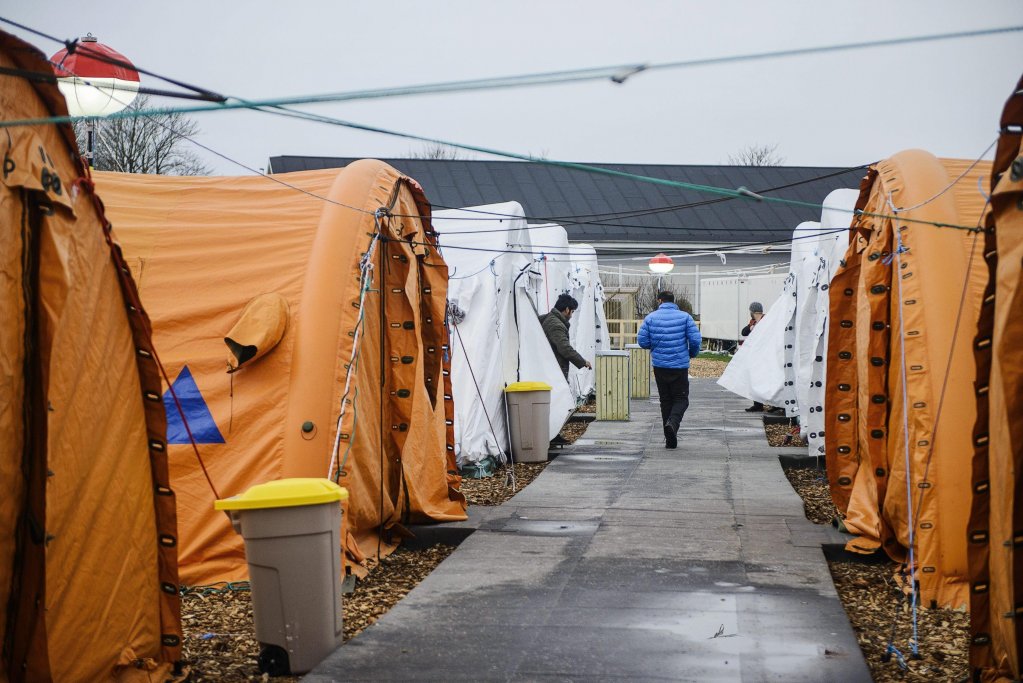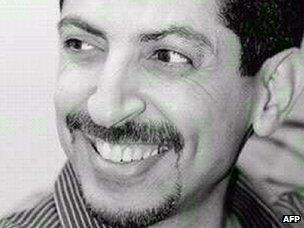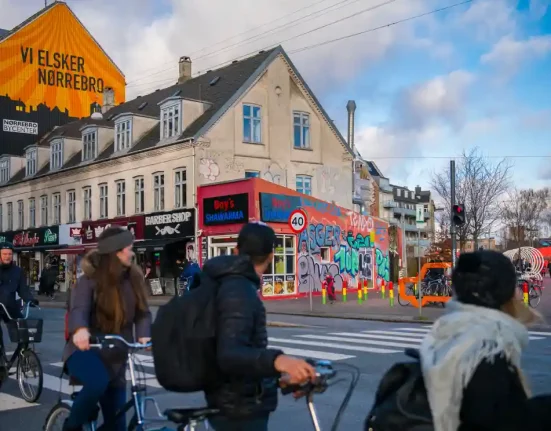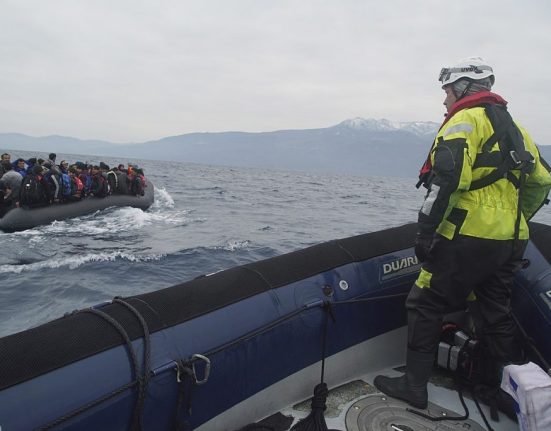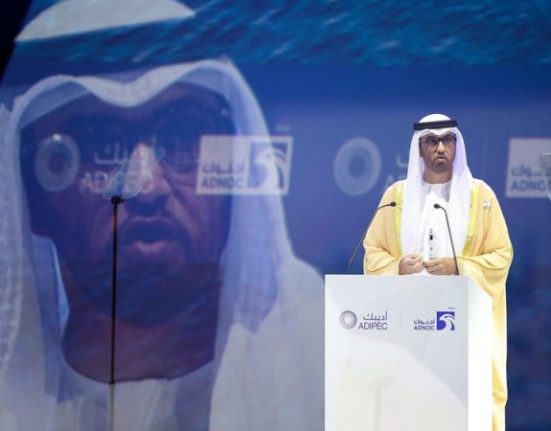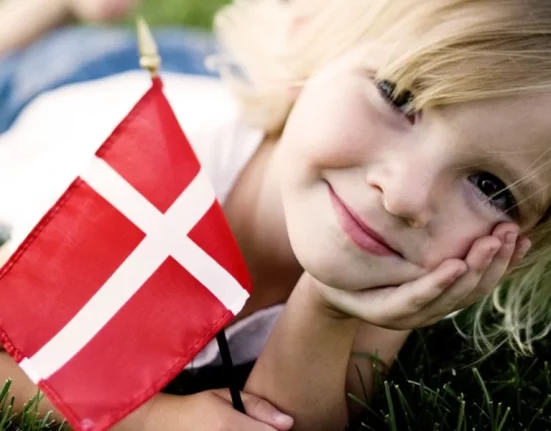MEPs have slammed the Danish Minister for Immigration and Integration on removing Syrian refugees’ protections and externalize immigration. Hundreds of Syrians leaving Denmark have arrived in other EU countries, causing authorities to investigate if Denmark is suitable for readmission underneath the Dublin Rule.
Denmark is not obligated by minimum requirements under the Common European Refugee System (CEAS) since it opts out of Judiciary and Home Affairs concerns at the EU level.
As a result, the Nordic member state has progressively gone berserk on asylum policy. Recent instances include the cancellation of Syrian refugees’ protection and efforts to contract refugee protection and resettlement to foreign nations.
The Danish strategy lauded as a step toward “zero asylum applicants” is based on absolute discouragement. Members of the Committee on Civil Liberties, Justice, and Home Affairs slammed Danish immigration minister Mattias Tesfaye, who represents Denmark’s Social Democratic administration.
Dutch MEP Sophie established the attitude with which the Minister has confronted in ‘t Veld
of the Renew Europe Group. He questioned, “How do you sleep at night?” and related to the story of the Emperor without Clothes, suggesting that Denmark’s practices are in stark contrast to its speech on individual rights.
Only Peter Kofod of the anti-immigration Danish People’s Party and conservative Italian MEP Nicola Procaccini supported the Minister. According to Green Party member Tineke Strik, Denmark’s attitude is a “deterrent immigrant policy.”
Syrian refugees get denied protection, sending asylum applicants to developing nations. Giving a voice to unity while attempting to avoid any accountability.”
Many MEPs criticized Danish sympathy and Dublin collaboration, while others called for the European Commission to stop Danish policy.
Damascus and Greater Damascus, controlled by the Assad administration, are considered secure for return by Danish officials. It is the opposite of what worldwide experts, organizations, and agencies believe.
The right to work, the rights associated with a residence visa, and the move to return facilities are lost when the status gets removed.
According to reports, at least 421 Syrians have migrated to Germany, the Netherlands, Belgium, and Sweden. Although some have resulted in returns, other judges have delayed Dublin removals because they believe Denmark is no longer secure for return.
Danish parliamentarians changed the Danish Aliens Act to allow for the relocation of genuine refugees outside the EU and the transference of asylum processes.
The idea, which has sparked outrage from UNHCR, specialists, and NGOs, is part of a long history of unsuccessful projects extending back to the 1980s. When Denmark started in 2021, it was in talks with African nations about externalization.
Governments promptly denied the allegations, and “the African Union expressed a strong rejection of the Danish demand for externalization to African territory,” according to the African Union.
Denmark only accepted 1,500 asylum applicants in recent times, the lowest amount in twenty years. Despite decades of refusing to contribute to UNHCR-coordinated migration, Denmark guaranteed 200 seats in 2020, but they have yet to be fulfilled.
Also Read: #Metoo – Myth of Gender Equality in Denmark


